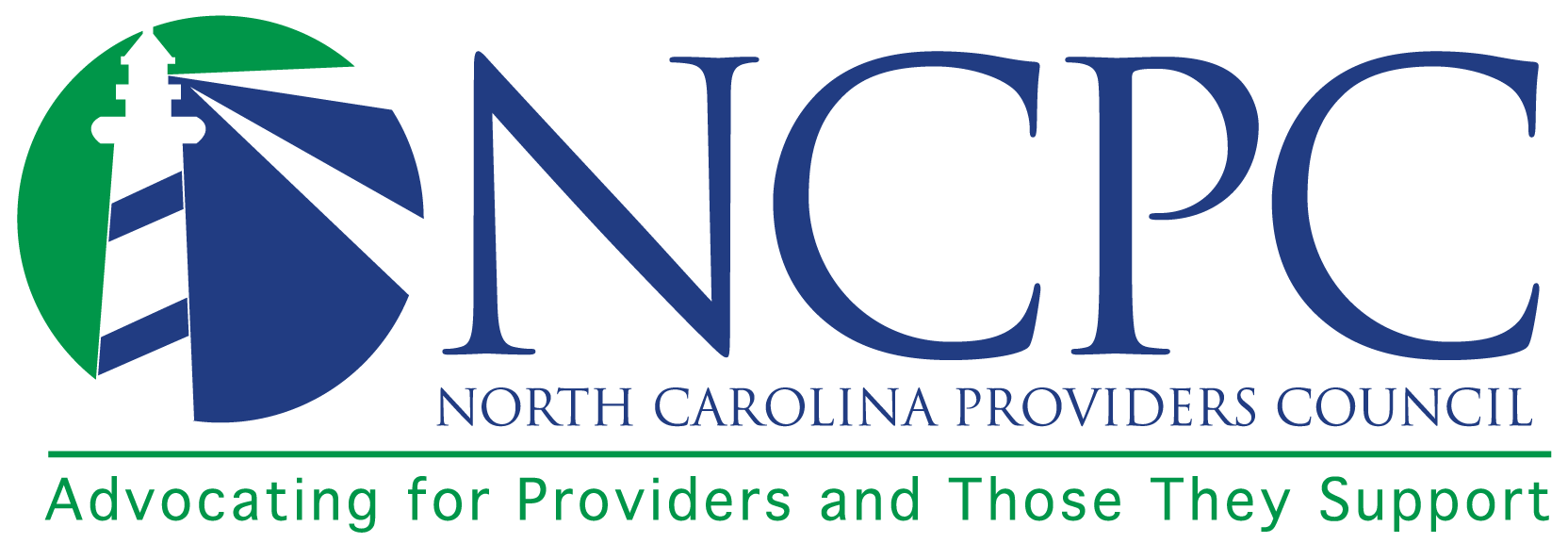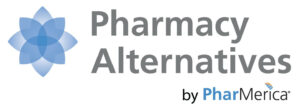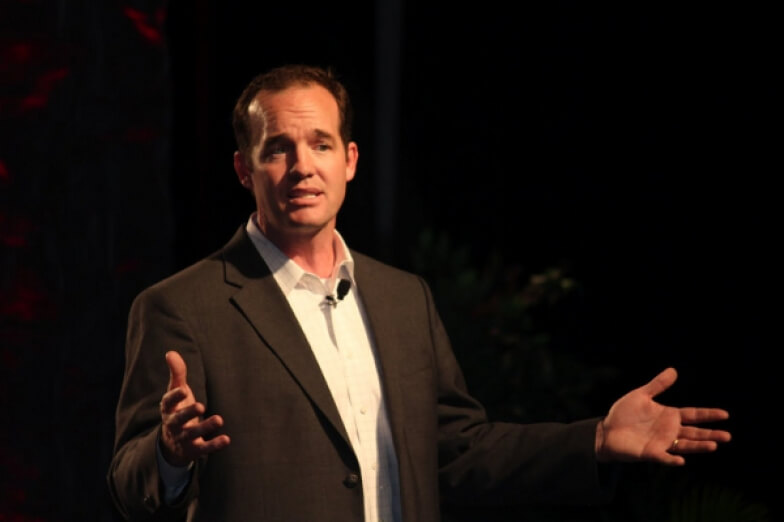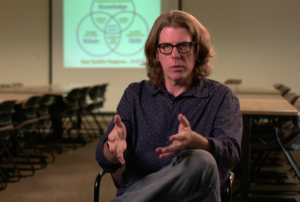History
A Brief History of the North Carolina Providers Council
The North Carolina Community Support Providers Council [doing business as The North Carolina Providers Council] was incorporated as a 501(C)(6) in 1997 in an effort to coordinate providers of mental health, intellectual/developmental disability, and substance use disorder services (MH/IDD/SUD). The Council initially started as a volunteer organization, but in 2004 hired Bob Hedrick, M.A. Ed. as its first full time Executive Director and lobbyist. Bob served as Executive Director for 15 years. The Council was North Carolina’s first association to establish an ethical standard for MH/IDD/SUD providers, a standard that promoted putting all other issues aside to focus on working together on behalf of the people being supported and ensuring the quality of and access to community-based services. The Council’s Code of Ethics became the template used in the creation of the current LME/MCO Provider Network Council’s ethical standards, which began with the LME that we know as Cardinal Innovations today.
The Council established key platforms critical to the assurance of quality services, and they remain guiding principles for North Carolina’s providers of community services. The Council has always promoted excellent training and collaboration for providers. This is accomplished through regular legislative updates, quarterly Membership / Leadership Forums, and annual Conferences. Through a grant from the NC Council on Developmental Disabilities, The Providers Council supported competency-based training and specific mental health services training, and for several years sponsored training on Person-Centered Thinking.
As The Council promoted access to quality community-based services throughout its history, it has focused on the efficacy of services provided. We recognize and believe that for ordered services to be effective in meeting people’s needs, those services must be sufficient in amount, duration and scope, and that the rates paid to providers must also be sufficient to assure quality and continuity of care. Only by analyzing proposed legislative and regulatory changes can providers know how to advocate and inform General Assembly Members and administrative branch leaders. Hopefully with the continuing guidance of the NC Providers Council, these tenets of a quality, community-based service system will endure as Medicaid Transformation moves forward. People with the most severe medical and behavioral challenges and other MH/IDD/SUD service needs must have access to services that are adequately funded and support them in living as independently as possible in their communities across North Carolina.






